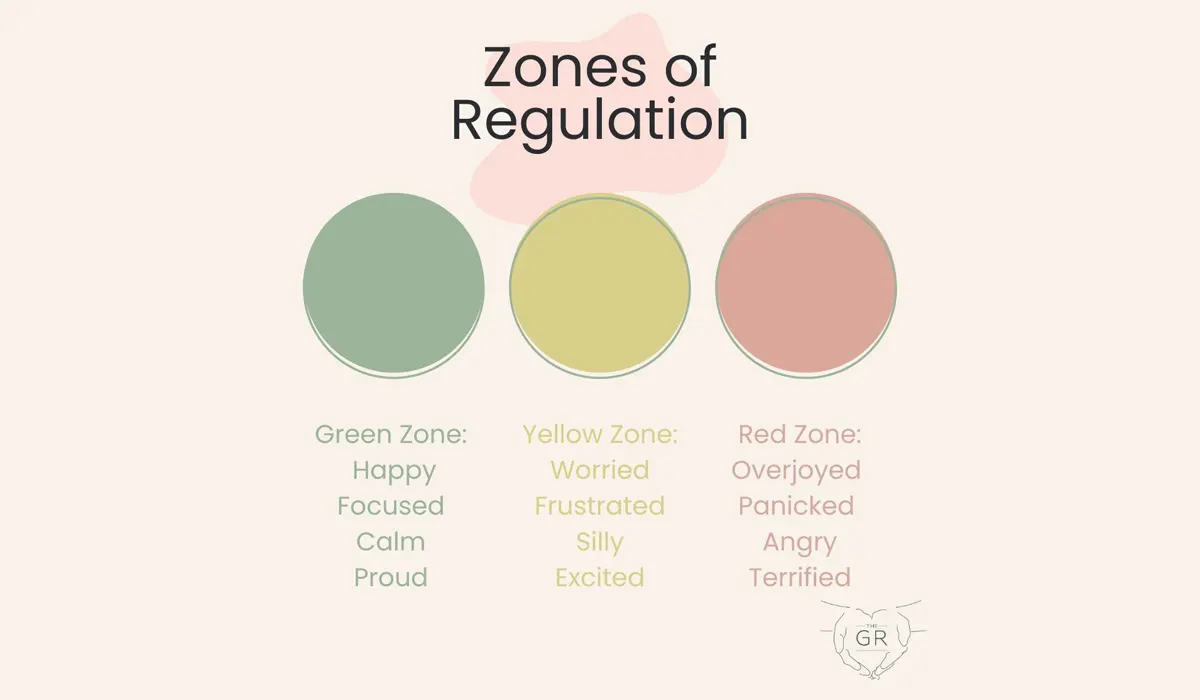Tantrums can be so tough. Maybe you’re trying to get dinner on the table after a long day at work or you’re winding down trying to get the children to bed and the melt downs start.
Why does this always happen at the end of the day when we are so tired?
Well, that is the reason. Our threshold is so much lower at the end of the day. The same for our children. A school day is exhausting for them.
Don’t you wonder why there is at least a 6 week transition when our children start school in the fall? Everything is calm and smooth in the summer, seems like there are no problems at all. Then, school starts and all of a sudden they are showing new or even old behaviors you thought were resolved. Our kids’ young minds are being used in a very different way for school and it requires a culmination of attention, learning, thought, process, socialization and behavior management. This can be so tiring!
In addition to the exhaustion of learning, our kids are also having to get up early and be on a schedule so when they are not following the rules or allowing you a calm and pleasant dinner, it’s important to understand why that is happening instead of interpreting their behavior as bad or difficult. Yes, it is difficult, but there is a reason for their meltdowns and there are ways to make it easier.
Set up your environment and have a consistent structure that is predictable: I know that when you offer a consistent or structured schedule to children, you eliminate much of the disregulation that leads to meltdowns.
At pick up after school, have a snack ready. But, before offering a snack, check their lunches. If they have not finished their lunch, please have them eat it first. A huge part of the disregulation is hunger. A lot of kids do not eat their lunch at school. It could be because they are talking or they want to play but it seems pretty common that many don’t always eat. It’s good for them to learn to nourish their bodies and eat their food.
When you get home, give them a moment to process their day. They can take a break with a snack and maybe once they’ve had a moment, they can start their homework. Many meltdowns occur over worry related to homework. Review with them what the teacher assigned and make a plan for them to complete the work. If 30 minutes is too long a stretch, organize scheduled breaks depending on their attention span. Please set up the expectation that you will check that they have completed the work. As an aside, some children don’t want their parents to check or correct the completed work or even have parents involved at all. Letting the teachers address any mistakes in the work will reduce conflict between you and your kids over the homework. But, just make sure it’s done so there isn’t any panic at lights-out or when they are rushing out of the house in the morning.
While you are preparing dinner, it’s a good idea to make sure your little ones have something productive to do. Many times, siblings get into it with each other during play when they are hungry and tired. If they have food prep tasks or are doing a coloring or building activity in your presence, you will likely reduce sibling conflict that can invariably lead to tantrums.
As important as occupying them, consider providing a small appetizer while they wait to eat. Something small but satisfying, while also not ruining their appetite. Sometimes, if you typically serve a vegetable with the meal, for example, you can provide that as the appetizer. Or, if you serve fruit at the end of the meal, maybe they can eat that first. It’s really hard for them to wait to eat when they are hungry.
If they are tired and hungry, it’s a perfect recipe to end up in a pool of tears or, worse, screaming, hitting and full loss of control. Then, dinner becomes about managing a tantrum instead of sharing positive time.
Once dinner is done, I really think it’s important to avoid any playtime. If this is what you’ve always done, your kids might strongly oppose changing the plan, which might deter you as well. I’ll tell you why I think this is so important: Transitions are difficult for little ones. They really are “in the moment” thinkers. When you allow play in-between the daily tasks (such as homework, dinner, shower, etc), you are asking them to switch between their creative, in the moment brains to the boring, sometimes uncomfortable tasks of daily living. How many children want to do that? Of course, a lot of times, you’re going to meet resistance. If you set up the environment to end all play before dinner, you avoid the difficult transition from play and you will move more smoothly with the schedule between dinner, shower, PJs, stories, and lights out.
What I really wanted to get across in this blog is to set you and your children up for success at the end of the day and to reduce the inevitable meltdowns due to hunger and exhaustion.
Mini disclaimer: After working with so many families over 25+ years, I completely understand that not all parents are structured in their lifestyle or their parenting style. This is definitely okay, of course. Whatever suggestions you hear, it’s good to adjust them slightly to your way of being/functioning. Even if you don’t end up following a structured routine at night because it’s not your thing, just understanding why your children might melt down is helpful information so that you can shift your expectations or judgment of their behavior.
I’m signing off for now but I can’t wait to share more in my next blog.
Debra Jill









